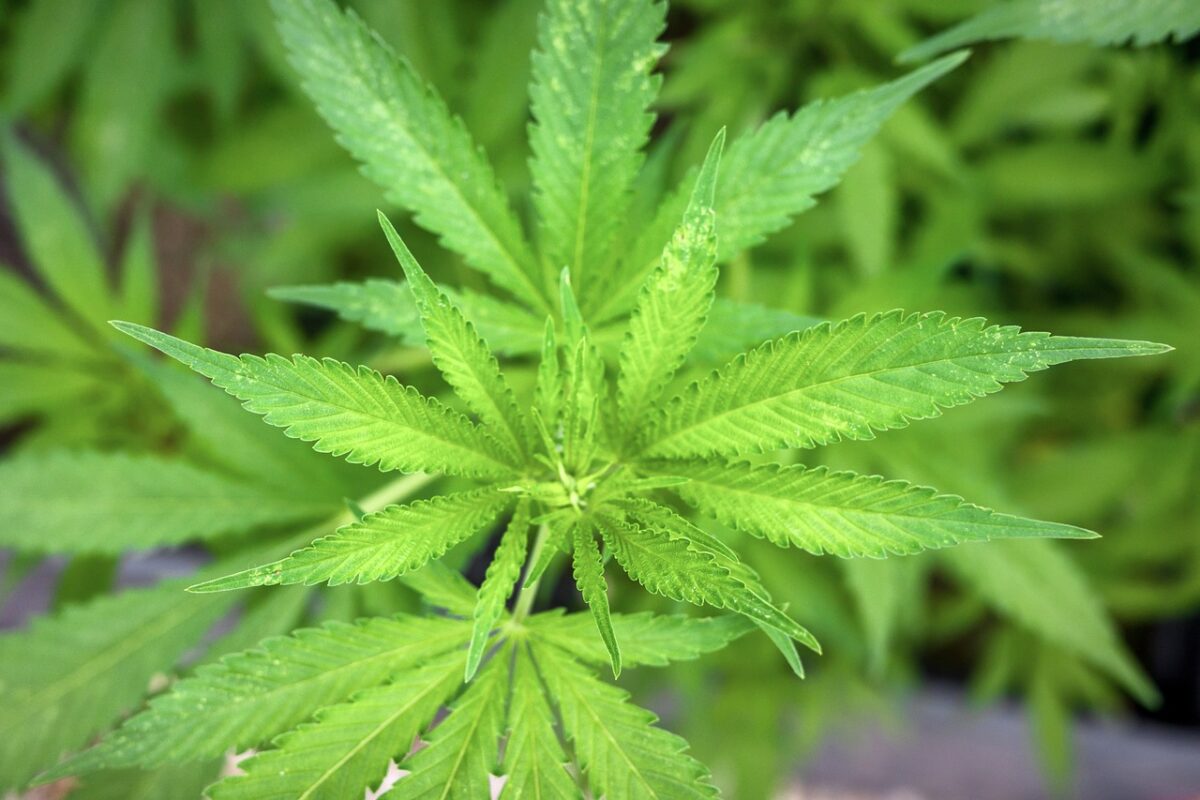-
Table of Contents
- The Benefits of THCA Flower: What You Need to Know
- Understanding THCA
- Non-Psychoactive Nature
- Health Benefits of THCA
- Anti-Inflammatory Properties
- Neuroprotective Effects
- Anti-Emetic Benefits
- Practical Applications of THCA Flower
- Case Studies and Real-World Examples
- Statistics and Research Findings
- Conclusion
The Benefits of THCA Flower: What You Need to Know
THCA, or tetrahydrocannabinolic acid, is a non-psychoactive cannabinoid found in raw and live cannabis. Unlike THC, THCA does not produce a high, making it an attractive option for those seeking the therapeutic benefits of cannabis without the psychoactive effects. This article explores the various benefits of THCA flower, supported by research and real-world examples.
Understanding THCA
THCA is the acidic precursor to THC. When cannabis is heated through smoking, vaping, or cooking, THCA converts to THC, the compound responsible for the psychoactive effects. In its raw form, THCA offers a range of potential health benefits without altering the mind.
Non-Psychoactive Nature
One of the primary advantages of THCA is its non-psychoactive nature. This makes it suitable for individuals who need relief from symptoms but prefer to avoid the high associated with THC. For instance, patients with chronic pain or inflammation can use THCA flower to manage their conditions without impairing their daily activities.
Health Benefits of THCA
Research into THCA is still in its early stages, but preliminary studies and anecdotal evidence suggest several potential health benefits.
Anti-Inflammatory Properties
THCA has shown promise as an anti-inflammatory agent. A study published in the “Journal of Pharmacology and Experimental Therapeutics” found that THCA could reduce inflammation in animal models. This makes it a potential treatment for conditions like arthritis and inflammatory bowel disease.
Neuroprotective Effects
Research indicates that THCA may have neuroprotective properties. A study in “Phytomedicine” suggested that THCA could protect against neurodegenerative diseases such as Alzheimer’s and Parkinson’s. These findings open the door to new therapeutic options for patients with these conditions.
Anti-Emetic Benefits
THCA has been found to have anti-emetic properties, making it useful for patients undergoing chemotherapy. A study in “British Journal of Pharmacology” demonstrated that THCA could reduce nausea and vomiting in animal models. This offers a potential alternative to traditional anti-nausea medications, which often come with side effects.
Practical Applications of THCA Flower
THCA flower can be used in various ways to harness its benefits. Here are some practical applications:
- Juicing: Fresh cannabis leaves and flowers can be juiced to create a nutrient-rich beverage. This method preserves the THCA content and provides a convenient way to consume it.
- Topicals: THCA-infused creams and balms can be applied directly to the skin to target localized pain and inflammation.
- Tinctures: THCA tinctures can be taken sublingually for quick absorption and relief from symptoms.
Case Studies and Real-World Examples
Several case studies highlight the potential benefits of THCA flower. For example, a patient with severe arthritis reported significant pain relief and improved mobility after incorporating THCA into their treatment regimen. Another case involved a cancer patient who experienced reduced nausea and increased appetite during chemotherapy.
Statistics and Research Findings
While research on THCA is still emerging, several studies provide valuable insights:
- A study in “Journal of Pharmacology and Experimental Therapeutics” found that THCA reduced inflammation in animal models by up to 50%.
- Research published in “Phytomedicine” indicated that THCA could protect neurons from oxidative stress, a key factor in neurodegenerative diseases.
- The “British Journal of Pharmacology” study showed that THCA reduced nausea and vomiting in animal models by 30% compared to a placebo.
Conclusion
THCA flower offers a range of potential health benefits without the psychoactive effects of THC. From anti-inflammatory and neuroprotective properties to anti-emetic benefits, THCA presents a promising option for patients seeking alternative treatments. As research continues to evolve, the therapeutic potential of THCA will likely become even more apparent, providing new avenues for medical cannabis use.
